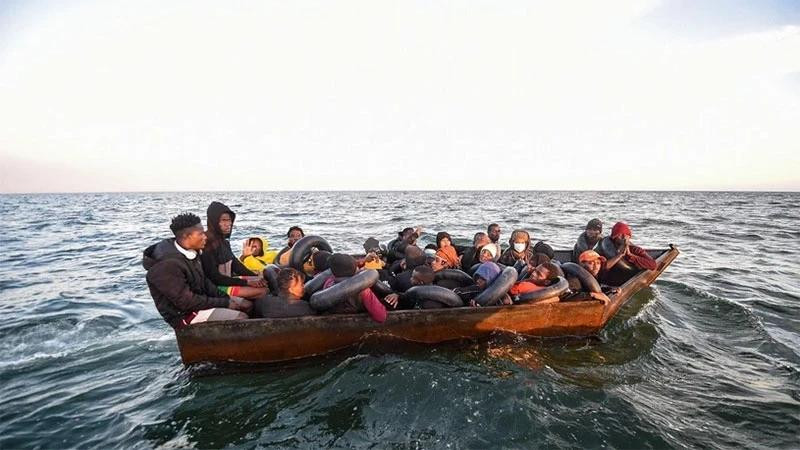According to a report by the United Nations Refugee Agency (UNHCR), by the end of June 2024, nearly 123 million people had been displaced due to conflict and violence. This number is likely to increase as conflicts escalate in the Middle East and violence intensifies in places like Sudan, the Democratic Republic of Congo, and other regions. Sudan is currently experiencing one of the largest displacement crises in the world, affecting neighbouring countries as well.
Sudan desperately needs assistance from neighbouring countries, but Egypt, Chad, and South Sudan are also grappling with significant domestic burdens. Migrants, often unwelcome, find themselves in a difficult situation, unable to return home and facing significant challenges in rebuilding their lives in new locations.
2024 has been confirmed as the hottest year on record, with extreme weather events causing severe consequences. Among the most vulnerable groups are migrants, who face not only the trauma of displacement but also the added strain of new environmental catastrophes, further complicating their search for stability.
The heavy rains sweeping across East Africa from March to May 2024 have caused widespread flooding in refugee camps in Kenya, Burundi, and Somalia. In May, more than half a million people in southern Brazil were displaced due to flooding, including refugees from Venezuela and Haiti.
The perilous journey that migrants endure places their lives in constant danger. According to the International Organisation for Migration (IOM), nearly 8,600 people died along migration routes in 2023, setting a record high. This brings the total number of migrants who have died or gone missing since 2014 to nearly 70,000.
The real number could be even higher, as many cases go unreported. In response to this grim reality, IOM Director General Amy Pope stated that each migrant death is a preventable tragedy.
Addressing the root causes of migration is not something that can be achieved overnight. In the meantime, countries have taken different approaches to deal with this situation. In response to a surge in illegal immigration, the US has deported the highest number of migrants in the past decade during the most recent fiscal year.
Most of those deported are migrants from Western Hemisphere countries struggling with poverty and economic downturns in the aftermath of the COVID-19 pandemic. Similarly, the United Kingdom has implemented strong measures to prevent illegal immigration across the English Channel. The UK has doubled its budget for the Border Security Command and treats human trafficking gangs as terrorist organisations. The UK has also ramped up efforts to crack down on illegal migrant labourers.
As one of the main gateways for migrants into Europe, Spain faces significant challenges in supporting refugees. However, Spain continues to maintain its immigration policy to expand the country's labour force, which is in short supply. This policy is seen as a contributing factor to Spain's economic growth, which remains strong within the region.
The UNHCR warns that ongoing and unresolved crises could push the number of migrants worldwide to around 139 million by 2025. To address this, UNHCR has called for the mobilisation of 10.248 billion USD in the coming year to assist those displaced. The agency has already secured funding commitments from countries such as the US, Denmark, Sweden, and Germany.
These funds will support several upcoming plans, including emergency relief, processing asylum applications, resettlement support, and providing shelter, food, and medical services. Despite the challenges of keeping pace with the growing demand, Filippo Grandi, head of the UNHCR, emphasised that these funding commitments send a strong message of solidarity from the international community and provide hope for migrants on their difficult journeys.
















